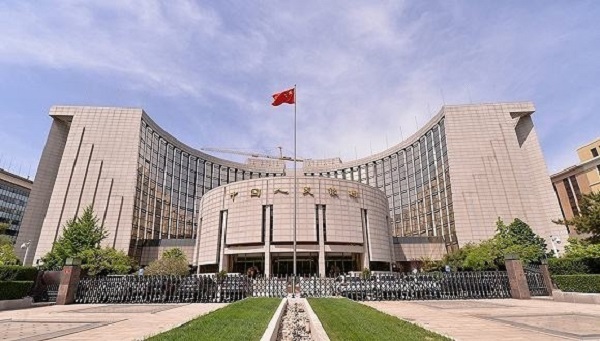
Beijing, China’s central bank on Monday cut the interest rate on its medium-term loans by 10 basis points to 3.15 per cent amid attempts to reduce the economic impact of the coronavirus (COVID-19) outbreak in the country where 70,548 people have been infected.
The People’s Bank of China said the rate on 200 billion yuan ($28.65 billion) worth of one-year medium-term lending facility (MLF) loans to financial institutions was being reduced from 3.25 per cent.
On November 5, the central bank had cut the interest rate on one-year MLF loans by five basis points from 3.30 per cent to 3.25 per cent, the first reduction in this indicator since 2016, Efe news reported.
Earlier this month, in an attempt to counter the economic effects of the coronavirus outbreak, the institution had also lowered interest rates on repurchase agreements, known as repo, to 2.4 per cent.
The latest cut in the rates of one-year MLF loans could pave the way for a reduction in China’s benchmark lending rate, which has stood at 4.15 per cent since November.
Singapore on Monday also lowered its 2020 economic growth forecast on account of the impact of the novel coronavirus to 0.5 per cent less than what was recorded in 2019, which was already the country’s lowest growth in the last decade.
The new forecast is -0.5 to 1.5 per cent “with growth expected to come in at around 0.5 per cent, the mid-point of the forecast range,” Singapore’s Ministry of Trade and Industry said in a statement on Monday.
“In Asia, the COVID-19 outbreak is likely to dampen the growth prospects of China and other affected countries this year,” the ministry said.
“These developments in China will, in turn, have a knock-on impact on regional economies, including the ASEAN economies, through lower outbound tourism and other import demand from China, as well as disruptions to supply chains,” it added.
China’s National Health Commission on Monday reported 70,548 confirmed coronavirus cases and 1,770 deaths, with 10,844 people discharged from hospital.
In the 24 hours until midnight on Sunday, 2,048 new cases and 105 new deaths had been recorded over the previous day.
The epidemic has affected various sectors of the country’s economy from automakers to mobile phone manufacturers, whose supply chains have been disrupted.
Activity in large cities has virtually come to a standstill with commercial buildings closed and people locked in their homes to prevent infection.








